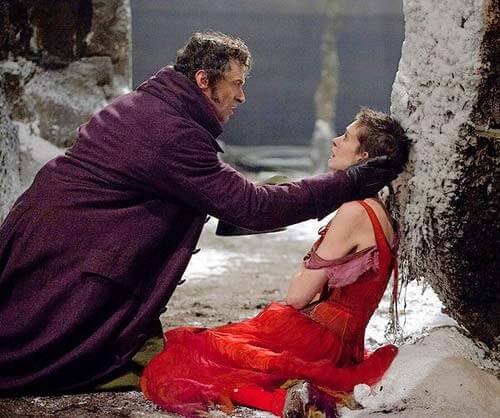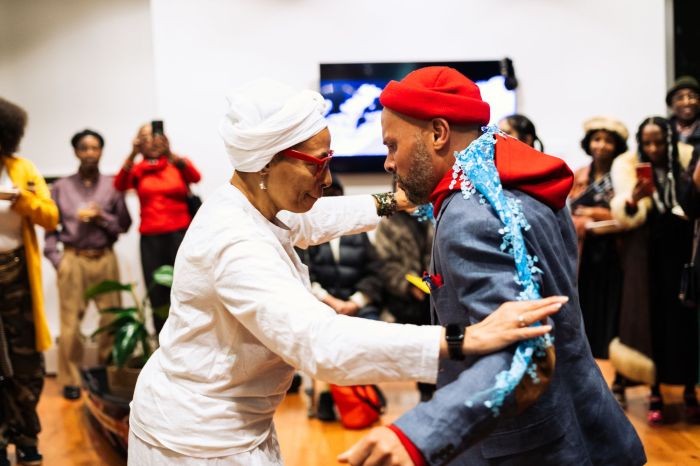Published by Victor Hugo in 1862, “Les Miserables” is generally recognized as one of the most important novels of the 19th Century. The socially-conscious, 1900-page opus explored a plethora of themes, particularly power, justice, monarchy and religion.
The moving morality play specifically shed light on the plight of the poor, especially women and children, with the hope of raising awareness about the insensitivity of a callous legal system. I digress by way of introduction only to remind readers that Les Mis’ source material was a relatively-profound examination of France’s prevailing issues of the day.
Directed by Academy Award-winner Tom Hooper (for The King’s Speech), the screen adaptation is based on the long-running Broadway production which won eight Tony Awards back in 1987. The film version has landed just as many Oscar nominations, including Best Picture, Best Actor (Hugh Jackman), Best Supporting Actress (Anne Hathaway) and Best Original Song (“Suddenly”).
Understandably, the novel’s labyrinthine plot has been simplified considerably into a tale of love and redemption. Unfolding in Paris in 1815, the movie basically revolves around Jean Valjean (Jackman), a recently-paroled ex-con intent on turning a new leaf after serving 19 years in prison for the theft of a loaf of bread.
On the road to redemption, he promises a prostitute on her death bed (Hathaway) to raise her about to be orphaned young daughter (Amanda Seyfried). Meanwhile, he finds himself mercilessly haunted by a ruthless policeman (Russell Crowe) intent on putting him back behind bars. Officer Javert believes once a crook, always a crook, and accordingly devotes his days to a dogged pursuit of Valjean.
“Les Miserables” is a cinematic rarity in that virtually every line of dialogue is sung. Furthermore, I suppose it might mean something to theater purists that the director eschewed dubbing in favor of having the cast sing live on set.
Entertaining enough to garner this critic’s stamp of approval, “Les Miserables” nevertheless pales in comparison to so many of those enchanting classics from my childhood like “West Side Story,” “My Fair Lady” and “Guys & Dolls.” I guess they don’t make musicals like they used to anymore.
























